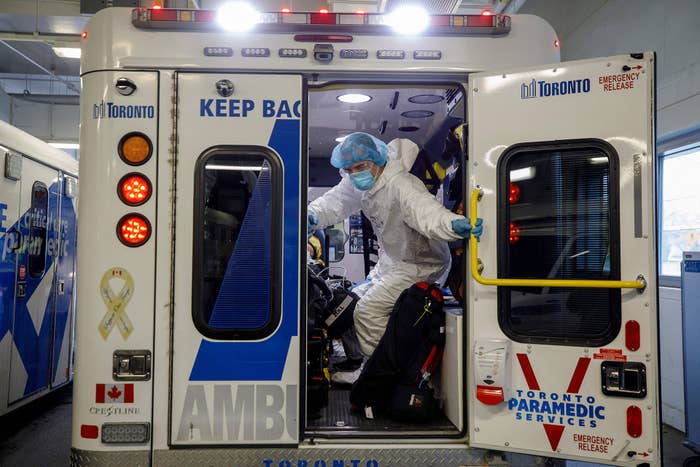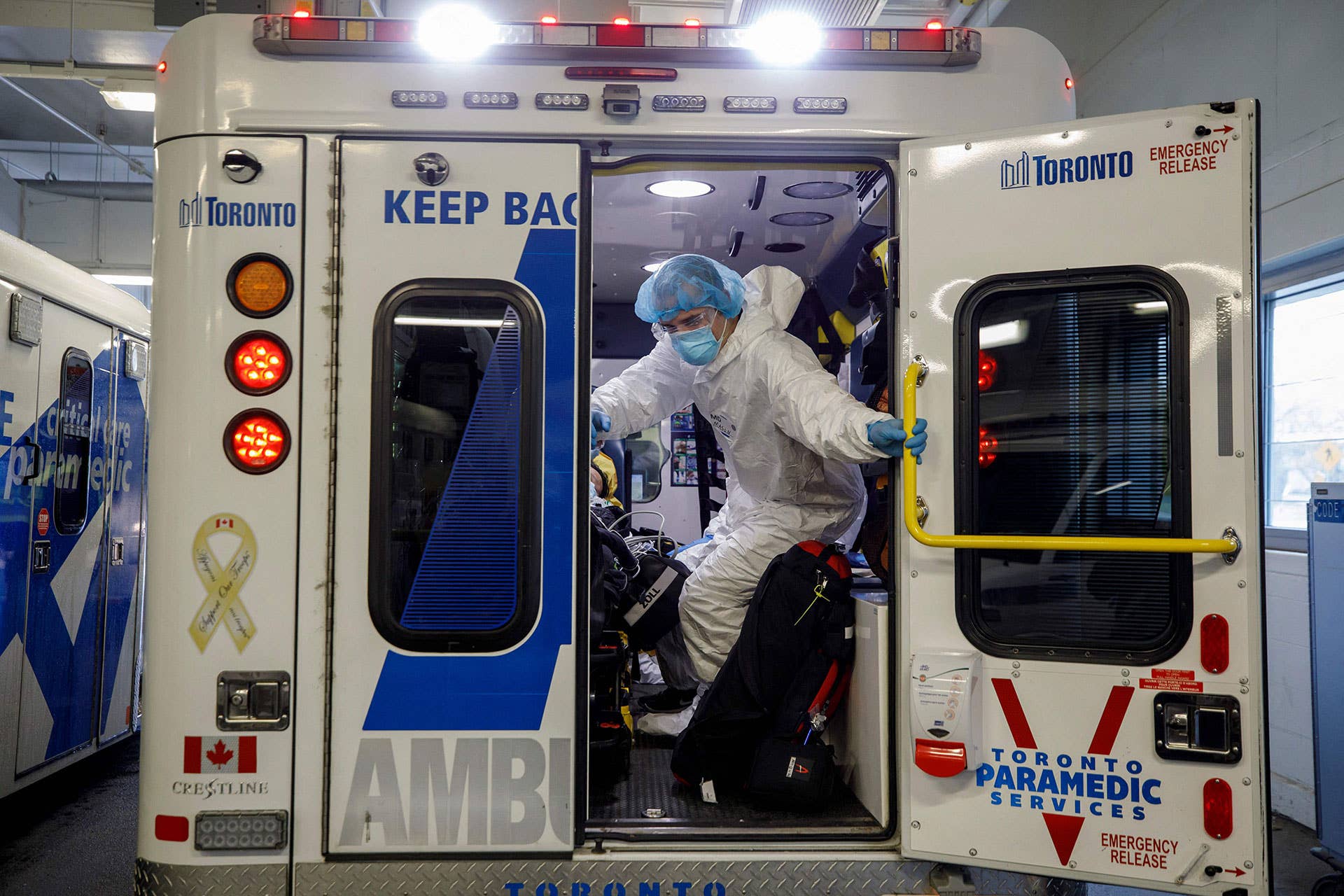
A new report has ranked Canada’s health care system second last among the world’s high-income countries.
The report, released by the Commonwealth Fund on Wednesday, ranked 11 high-income countries based on crucial health system factors like access to care, the care process, administrative efficiency, and health care outcomes. The numbers show that the top three health care systems are Norway, the Netherlands, and Australia, while Switzerland, Canada, and the U.S. were at the bottom of the list, in that order.
“Compared to the other countries, the United States and Canada had larger income-related inequities in patient reported experiences,” reads the report. This points to financial barriers to accessing medical and dental care, as well as difficulty obtaining after-hours care.
The report notes that the U.S. falls way below Canada and other countries on the list. The country ranks last on access to care, administrative efficiency, equity, and health care outcomes, but second for preventative care processes, like screenings and vaccinations.
When compared to other countries, the report found that Canada doesn’t provide enough funding for social programs, such as early childhood education, parental leave, and income supports for single parents, which end up impacting health care services.
Canada also ranked ninth out of the 11 nations for access to care, with the report attributing the low placement to the country’s health care system’s affordability and timeliness.
In order to improve a country’s health system, says the report, there needs to be universal coverage to remove financial barriers; primary-care services should be amplified to every local community; administrative burdens should be decreased to free up resources; and there must be more investing in social services, specifically for children and working-age adults.
While the report recognizes that no health care system is perfect, it recommends countries analyze one another to understand what has worked and what has not.

